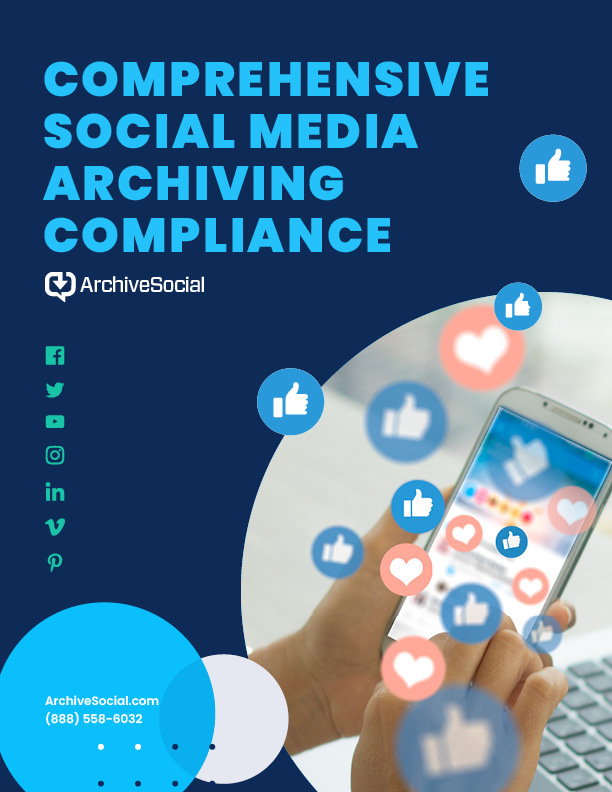
What will the archiving tool look like?
But, what does Costolo mean when he discusses Tweet archiving? Expected to be released and available by the end of 2012, Costolo kept the discussion vague. For one, he did not mention how the archived Tweets would be delivered to the user. Longtime tech blogger Dave Winer predicts that the data will be delivered in PDF or GIF format so that it’s “virtually impossible to move the data somewhere else.”
Additionally, Costolo did not mention what exactly would be archived through this service. Would users only be able to download their own Tweets? Would re-Tweets be included? What about “favorited” Tweets, mentions, or direct messages?
Finally, Winer expresses doubts over whether such a service will ever come to fruition. Winer states: “I was amazed by this. And I don’t believe it will ever happen.” And although much of the speculation surrounding Costolo’s archiving endeavors may be just conjecture, Winer raises an important point concerning Twitter’s reasoning for providing this service.
Twitter’s user–not business–oriented motives
Twitter has famously fought for users’ “ownership” of their Tweets. In the Occupy Wall Street protester’s case, Twitter has consistently argued that Tweets are owned by the user, and not Twitter. Naturally, then, the move to provide archiving capabilities suggests that Twitter wants to give its users control over their own Tweets.
But this user-oriented approach to archiving will likely prove to not be business-grade. While providing a long-desired and valuable way for the typical user to obtain a record of their Tweets, this service is not built for formal, compliant recordkeeping by business and government. Laws regarding recordkeeping, especially in financial and government fields, outline specific requirements that Twitter is likely to be unconcerned with. Some common record keeping requirements include that the archived records be tamper-proof and “authentic.” Twitter is justifiably more concerned with providing users ownership over their Tweets than being a recordkeeping platform providing means for businesses to archive their Tweets compliantly.
Furthermore, business-grade recordkeeping requires that records be stored for a given retention period before their destruction. Although Twitter will provide a valuable resource for obtaining old Tweets, there is no obligation for Twitter to hold onto your Tweets during an entire retention period. Twitter was founded in 2005, seven years ago. Business retention periods can range in this length of time as well. Given the fickle nature of social media (read: MySpace), in seven more years, will Twitter continue to make the archiving option available? Simply relying on Twitter to solve social media recordkeeping needs at the business-grade level involves significant risks as a result.
So, the bottom line is this: for personal enjoyment and use, Twitter’s new archiving tool will be a valuable and welcome addition. Similar to Facebook’s option to download history, it will give a user a sense of control over his or her data. However, for businesses and the government, this new tool will not provide the robust, compliant recordkeeping services required by law.

